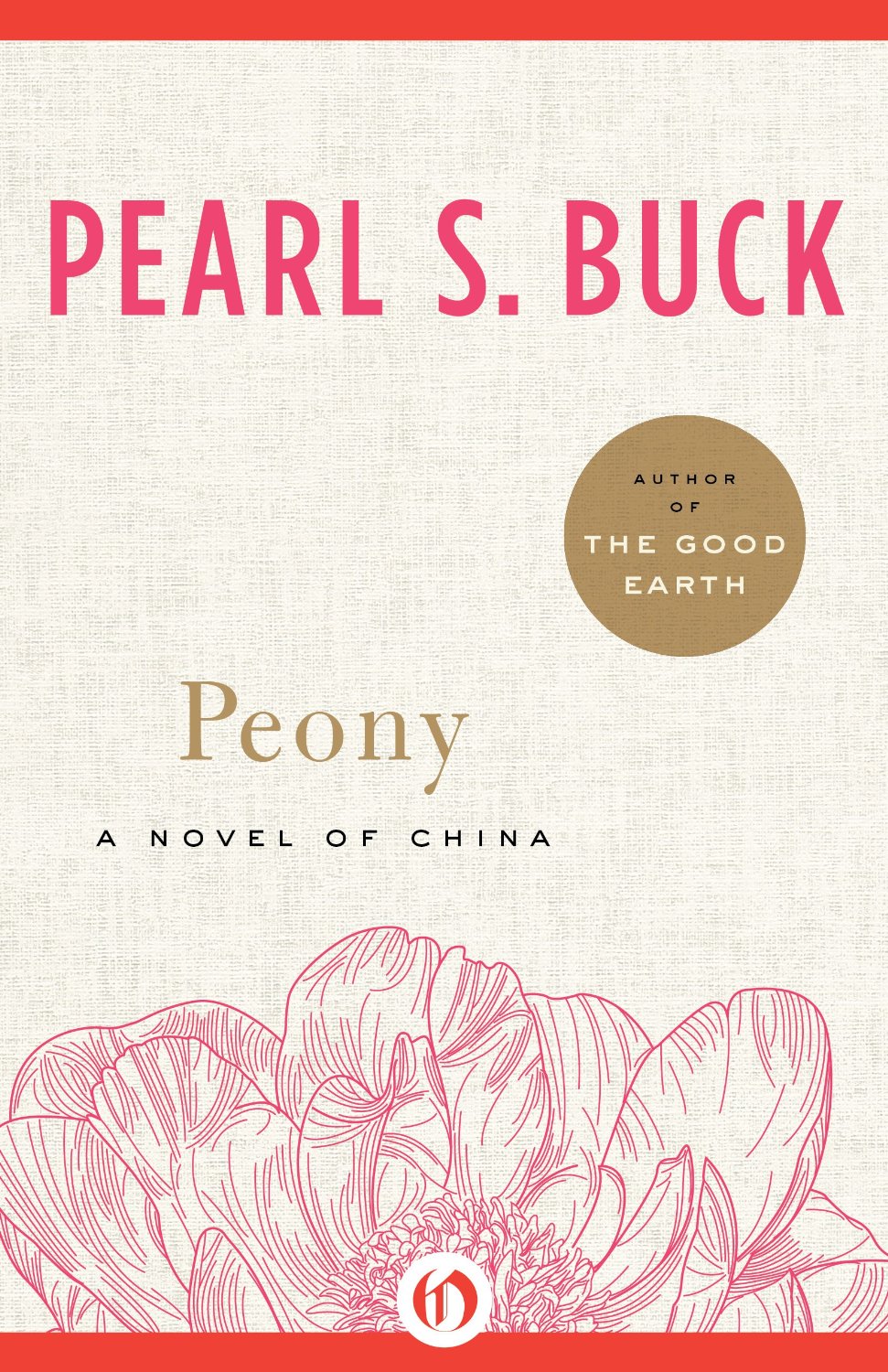
Rediscovering “Peony,” a Novel About Jews in China
There are records of Jews living in China as early as the seventh century C.E. Many were Sephardic traders. Peony is the story of one of these families, which has become affluent and well established in both the Chinese and Jewish communities. In particular, Buck focuses on David ben Ezra, a young man of Jewish-Chinese descent. Like many good sons, David is torn between his mother’s desire that he remain faithful to his heritage by marrying Leah, the daughter of the community’s elderly rabbi, and his own attraction to Kueilan, the daughter of a Chinese business associate of his father. He eventually realizes that his true love is Peony, the bondswoman who was sold to his family as a child. Peony loves him in return, but they realize that class distinctions make marriage between them an impossibility.
The plot deals with romantic intrigues and complications, but Buck’s true themes involve memory and loss. David’s mother never fulfills her wish to return to the Jewish homeland. Nor does she achieve her desire to see her son remain fully within the Jewish community. In this world, love and happiness are fleeting and no one realizes his or her true heart’s desire. The Kaifeng Jewish community slowly disappears, a victim not of anti-Semitism, but of assimilation into the majority community. Buck’s story is beautifully expressed and makes for gripping reading
And yet, the most disagreeable character in the novel is the elderly rabbi, whose blindness represents not only advanced age and illness, but also spiritual sightlessness and lack of insight. An old Chinese man remembers that when the Jews first came to Kaifang, they told the elders that “[t]hey have a god of their own, but they do not ask others to believe in him, and only to be allowed themselves to continue their own traditions and laws.” The rabbi, on the other hand, declares that “[t]here is no god beside our God…He is the One True God!” and demands that David “learn by heart the curses that Jehovah put into the mouths of the prophets against the heathen: ‘Thou shalt surely kill him….’”
The rabbi’s intolerance is repeatedly contrasted with the attitude of David’s Chinese tutor, who teaches that ‘[t]o repay evil with kindness is the proof of a good man; a superior man blames himself, a common man blames others” and “We do not yet serve man as we should; how then can we know how to serve God?”
The Jewish characters beyond the rabbi are either rigid and dogmatic like he is, or pragmatic and overly accommodating to the majority culture, such as Kao Lin, a businessman who “was a man who was Jewish with the Jews and Chinese with the Chinese.” Buck nowhere considers the ethical and moral teachings that have characterized so much of Jewish life and thought. Most indicative of a subtle, but pervasive, negative attitude toward Judaism comes with the frequent question of why so many people over so many generations have been prejudiced against them. The conclusion is that it is because the Jews resist assimilation and cling to their own suffering. Assimilation is portrayed as the inevitable path, but maybe even the desireable one.
There is no disputing the historical fact and many communities, Jewish and other, have disappeared over the centuries. Buck’s narrative takes place during the mid-nineteenth century, but because Peony was published in 1948, readers would have inevitably approached it with both the horrors of the Holocaust and the creation of the State of Israel in mind. This adds an ambiguity to the novel’s conclusion, in which the elderly Peony, now a Buddhist nun, considers the flashes of Jewish soul that live on in David’s children and grandchildren: “Where there is a bolder brow, a brighter eye, there is one like him; where a voice sings most clearly, there is one; where a line is drawn most cleverly to make a picture clear, a carving strong, there is one; where a statesman stands most honorable, a judge most just, there is one; where a scholar is most learned, there is one; where a woman is both beautiful and wise, there is one. Their blood is lively in whatever frame it flows, and when the frame is gone, its very dust enriches the still kindly soil. Their spirit is born anew in every generation. They are no more and yet they live forever.”
Some online commentators consider this a moving testimony to the unique and enduring character of the Jewish people. But written only a few years after the Nazi’s attempt to eliminate the Jewish people, I had to take these words as a condescending celebration of a dead community over a vibrant living one. I learned a great deal about China and the Jewish experience there from reading “Peony.” I also learned something about myself. Although I’m trained as an objective literary scholar, I read Buck’s novel as a Jew, and that emotional response is more fundamental to me and who I am than any intellectual experience.
The views and opinions expressed in this article are the author’s own and do not necessarily reflect those of Lilith Magazine.
One comment on “Rediscovering “Peony,” a Novel About Jews in China”
Comments are closed.





Also, that Buck was the daughter of Christian missionaries may be of importance. Excellent review. Thank you.